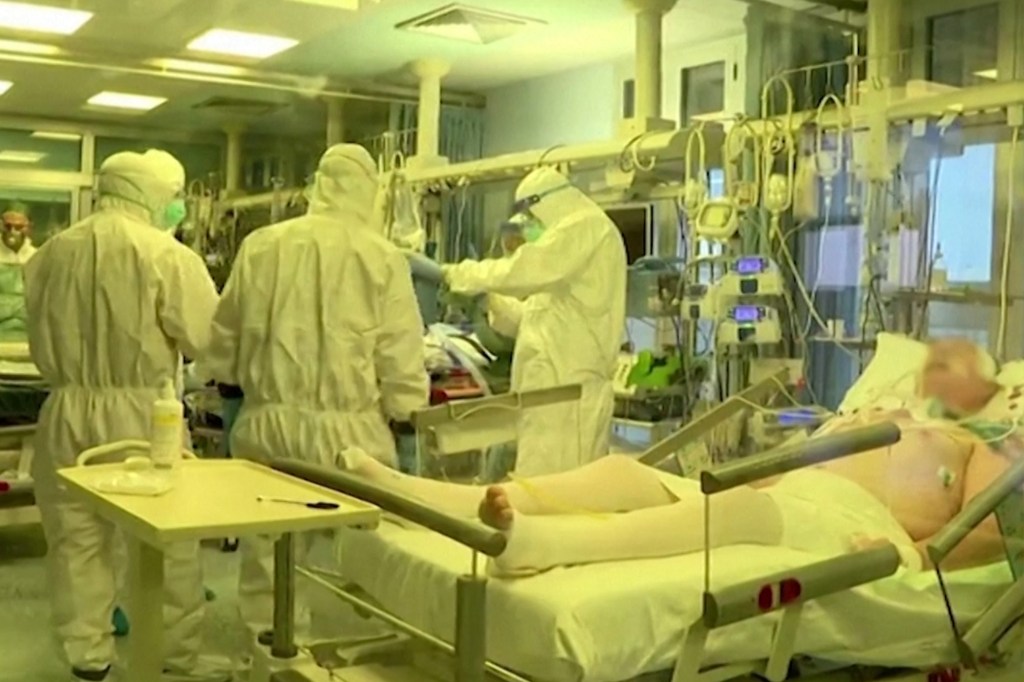D
deleted59964
I haven’t had any clinical experience with this yet, hope it stays that way - but I doubt it.
The numbers of this thing are concerning.
so this Harvard epidemiologist
Cooperating to Combat Coronavirus
is saying 20 - 60 % of the worlds population will get covid 19.
lets say he’s wrong. Let’s say it’s only 5%.
lets say 80% of the time it’s just like a cold
lets say 20% of the time it’s severe
lets say a third of severe cases need a ventilator (I’ve heard it’s half)
so in a city of 1 million
1,000,000 x 5/100 = 50,000 cases
20/100 x 50,000 = 10,000 severe cases
10,000 x 1/3 = 3333 patients requiring ventilation
not sure how many ventilated beds you have per 1,000,000 people ... in Australia it’s around 100
if that epidemiologist is right, hell even if he’s way pessimistic ... it’s gonna be bad - am I missing something here, is he on crack?
The numbers of this thing are concerning.
so this Harvard epidemiologist
Cooperating to Combat Coronavirus
is saying 20 - 60 % of the worlds population will get covid 19.
lets say he’s wrong. Let’s say it’s only 5%.
lets say 80% of the time it’s just like a cold
lets say 20% of the time it’s severe
lets say a third of severe cases need a ventilator (I’ve heard it’s half)
so in a city of 1 million
1,000,000 x 5/100 = 50,000 cases
20/100 x 50,000 = 10,000 severe cases
10,000 x 1/3 = 3333 patients requiring ventilation
not sure how many ventilated beds you have per 1,000,000 people ... in Australia it’s around 100
if that epidemiologist is right, hell even if he’s way pessimistic ... it’s gonna be bad - am I missing something here, is he on crack?
Last edited by a moderator:




